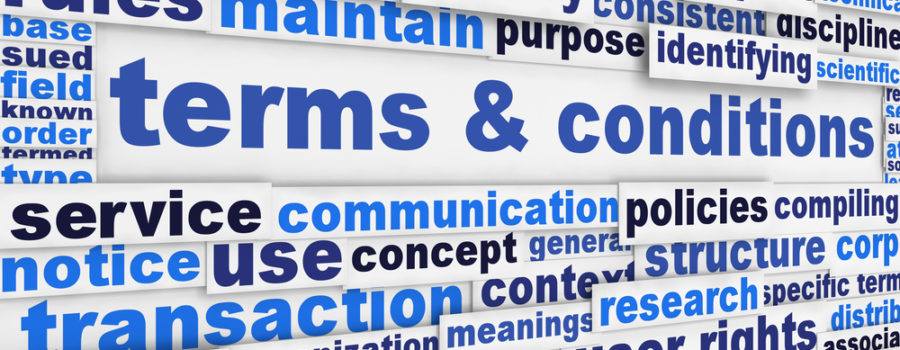Copyrights: You buy it, you own it? Not quite.
This is a question many creators and artists ponder every day. Derechos de autor are a tricky thing!
The basics.
A copyright is the term for a set of legal rights a creator has over the work created. Like many legal right, a copyright is not something you can place your hands on. It’s something you cannot touch, but know it exists.
In a previous post we discussed these legal rights, but lets review. A copyright grants the creator of an original work the exclusive right to reproduce, distribute, create derivative works, publicly display or perform the work.
Copyrights exist and remain with the creator unless:
- it’s a work made for hire,
- the copyright expired, or
- they’re expressly signed over to the buyer (in a contract).
You buy it, you own it?
Copyrights: You buy it, you own it? Here is where the tricky parts begin. As consumers, we believe that when we buy something we own it. Consequently, can do whatever we want with it. Well, not with copyrights!
When we purchase an original work we only acquire the right to use it, NOT the copyrights associated with the work. For example, an author sells books on Amazon.com. With each sale, the buyer acquires a copy of the book and the right to use it (for it’s intended purpose). This includes the right to resell the copy. The rights acquired by a buyer with the purchase of the book are discussed in our post on first sale doctrine. The author retains the copyright over each copy of the book sold. The same applies to photographers, musicians and visual artists, to name a few.
Now, let’s say a movie producer bought, read and loved the book, and wants to make into a movie. They can’t. They do not have copyrights for it. The process of converting the book into a movie, and making money from it, is considered a derivative work (one of the exclusive rights). The author of the book holds all copyrights over it. The copyright holder, a.k.a book author, and the movie producer have to enter into a written agreement in which they agree to specific terms and conditions.
What are these terms and conditions? Terms and conditions will vary as per the parties interests and intentions. For instance, they will include a specific monetary compensation amount or formula, list the countries or jurisdiction for which the agreement is valid, and specify if a license or sale of a copyright, among other things. With copyright licences, the agreement typically specifies the term or duration of the license. No matter how loose or specific they may be, one thing is for sure, the agreement has to be signed.
Copyrights: You buy it, you own it? Only when it’s spelled out in a signed contract!
Author: Patricia Ramírez Gelpí, J.D., LL.M.
Image: Andrii Kondiuk\Shutterstock.com





